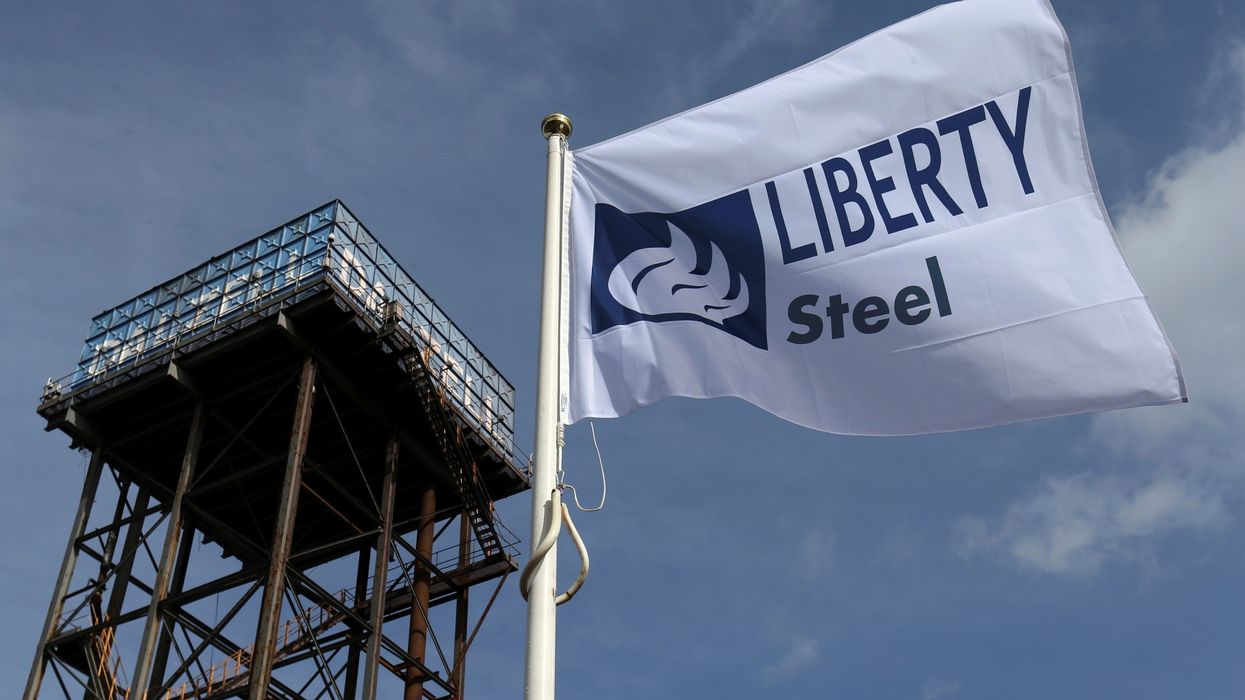LIBERTY STEEL could have to shut down some of its dozen UK plants following the collapse of its main financier Greensill Capital, business secretary Kwasi Kwarteng said on Tuesday (13).
The collapse of the financial firm last month has now put thousands of jobs at risk, including Liberty Steel-owned GFG Alliance of Indian-British billionaire Sanjeev Gupta.
British politics has also been hit by the fallout and on Tuesday (13) prime minister Boris Johnson said a review into how Greensill was able to secure UK government contracts will be given the "maximum possible access".
It comes as pressure mounts on British former prime minister and Greensill adviser David Cameron after the government on Monday (12) announced its inquiry into his lobbying of ministers prior to the company's collapse.
Labour wanted a broader inquiry by a cross-party panel of MPs. But the government has rejected Labour's call for a full parliamentary inquiry into lobbying and the contacts between government and Greensill Capital.
On Tuesday (13), Kwarteng told a cross-party committee of British MPs that some parts of Liberty Steel could be lost after the government refused a bailout, a decision it has justified owing to GFG's "very opaque" structure.
"I am very keen to see that these (Liberty) assets, which are good assets, continue to operate and the company continues to operate but we can't strip Liberty Steel from the wider group under which it sits and, as Mr Gupta says, they have billions and billions of debt," Kwarteng added.
The UK government last month refused GFG a rescue package totalling £170 million.




